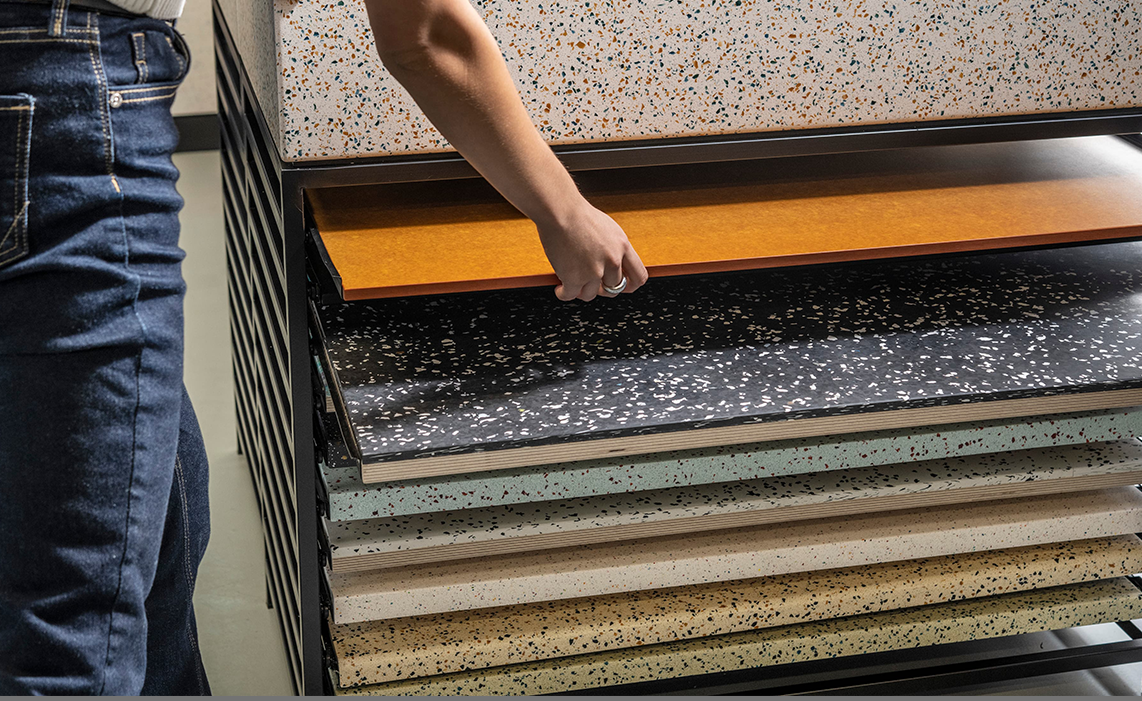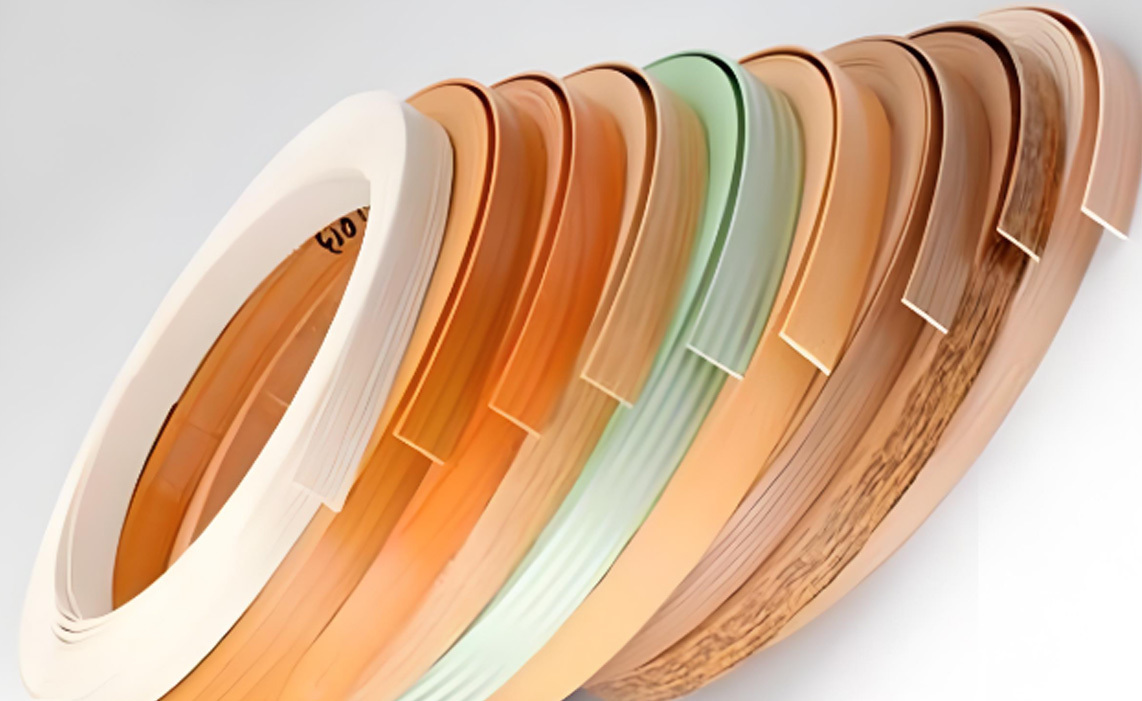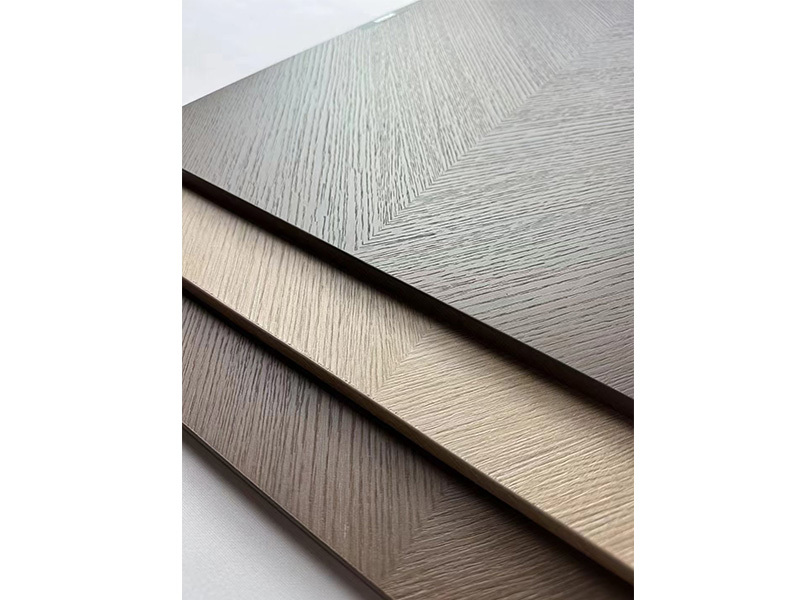How to Choose the Right Surface Material for Your Home Renovation: A Comprehensive Guide
How to Choose the Right Surface Material for Your Home Renovation Home renovations can be an exciting yet challenging endeavor. One of the most crucial decisions you’ll face during this process is choosing the right surface material. The choice of materials can significantly impact the look, feel, and functionality of your home. In this comprehensive guide, we will explore various aspects that can
Release time:
20 Sep,2025
How to Choose the Right Surface Material for Your Home Renovation
Home renovations can be an exciting yet challenging endeavor. One of the most crucial decisions you’ll face during this process is choosing the right surface material. The choice of materials can significantly impact the look, feel, and functionality of your home. In this comprehensive guide, we will explore various aspects that can help you make an informed decision regarding surface materials for your renovation project.
Table of Contents
- Understanding Surface Materials
- Types of Surface Materials
- Durability and Maintenance Considerations
- Aesthetic Appeal and Style Choices
- Cost-Effectiveness of Surface Materials
- Environmental Impact of Materials
- Choosing the Right Surface Material for Your Specific Needs
- Frequently Asked Questions
Understanding Surface Materials
Surface materials play a pivotal role in the overall aesthetics and functionality of your home. They encompass everything from flooring, countertops, and backsplashes to wall coverings and outdoor surfaces. Understanding the various surface materials available on the market is essential for making the right choice that fits your vision and needs.
When selecting your materials, consider how they will interact with your space, the intended use, and the lifestyle of your family. For instance, a family with young children may prioritize durability and ease of cleaning, while design enthusiasts may focus on aesthetics and uniqueness.
Types of Surface Materials
Choosing the right surface material involves understanding the different types available. Generally, surface materials can be categorized into two main types: natural materials and synthetic materials.
Natural Materials
Natural materials are sourced directly from nature, offering unique characteristics and beauty. Some popular natural materials include:
- **Wood**: A classic choice for flooring and cabinetry, wood offers warmth and charm. Different wood species have varying hardness levels, affecting durability.
- **Stone**: Materials like granite, marble, and slate provide a luxurious appearance. They are often used for countertops, flooring, and wall applications due to their durability and resistance to heat.
- **Ceramic Tile**: Made from clay and other natural materials, ceramic tiles are available in numerous colors and patterns. They are ideal for kitchens and bathrooms owing to their water resistance.
- **Glass**: Used primarily in backsplashes and shower enclosures, glass surfaces reflect light and create an airy feel.
Synthetic Materials
Synthetic materials are engineered to mimic the look and feel of natural materials while often offering enhanced durability and lower maintenance. Key synthetic materials include:
- **Laminate**: A cost-effective alternative to wood and stone, laminate can replicate various textures and colors. It is often used for countertops and flooring.
- **Composite Materials**: These are made from a combination of materials, offering the benefits of each. For example, quartz countertops combine natural stone with resins for durability and non-porosity.
- **Vinyl**: Known for its affordability and versatility, vinyl flooring can imitate wood or tile without the high costs. It's easy to clean and maintain, making it ideal for high-traffic areas.
Durability and Maintenance Considerations
When choosing surface materials, durability and maintenance are critical factors. The right material should withstand daily wear and tear while remaining easy to care for.
- **Hardwood Flooring**: While beautiful, hardwood can be susceptible to scratches and water damage. Opt for harder species and ensure proper sealing to enhance longevity.
- **Granite Countertops**: These are highly durable and resistant to scratches and heat. Regular sealing is necessary to prevent staining.
- **Laminate and Vinyl**: Both are resistant to scratches and easy to maintain, making them excellent choices for busy households.
Understanding the maintenance requirements of your chosen materials will help you make a more informed decision that aligns with your lifestyle.
Aesthetic Appeal and Style Choices
The aesthetic appeal of surface materials is vital in creating the desired ambiance in your home. This includes considering color, texture, and style.
- **Color**: The color of your materials should complement your overall design theme. Light colors can create a brighter, more open feel, while darker tones can add sophistication and warmth.
- **Texture**: Different textures can influence how a space feels. Smooth surfaces may provide a modern look, while textured materials can add depth and character.
- **Style**: Align your material choices with the architectural style of your home. For instance, rustic homes may benefit from reclaimed wood or stone, while contemporary spaces may call for sleek glass or polished concrete.
Ultimately, the right aesthetic choices will create a cohesive and inviting environment.
Cost-Effectiveness of Surface Materials
Cost is always a consideration in any renovation project. While some materials may have a higher upfront cost, their durability and longevity can result in better value over time.
- **Upfront Costs**: Natural materials tend to be more expensive. For instance, marble and granite countertops can be costly, but they provide a luxurious look and high durability.
- **Long-Term Value**: Synthetic materials often offer a lower initial price but may require replacement sooner, leading to higher long-term costs. For example, laminate may need to be replaced every few years, while stone or hardwood can last decades with proper care.
Balancing initial investment with longevity is essential for making a smart financial decision.
Environmental Impact of Materials
As eco-conscious choices become increasingly important, considering the environmental impact of your surface materials is essential. Sustainable options may include:
- **Reclaimed Wood**: Utilizing reclaimed wood reduces waste and adds character to your space.
- **Bamboo**: A renewable resource, bamboo is a sustainable alternative to traditional hardwood.
- **Recycled Materials**: Some surface materials, such as recycled glass tiles or countertops, help reduce landfill waste.
By choosing environmentally friendly materials, you contribute to a healthier planet while enhancing your home.
Choosing the Right Surface Material for Your Specific Needs
To choose the right surface material for your home renovation, consider the following steps:
1. **Assess Your Space**: Evaluate the area where the material will be installed. Consider factors such as foot traffic, moisture exposure, and usage patterns.
2. **Define Your Style**: Establish the overall look you want to achieve. Gather inspiration from magazines, websites, and social media platforms.
3. **Determine Your Budget**: Set a budget that includes both material costs and installation expenses. This will help narrow down your options.
4. **Research Material Options**: Investigate the pros and cons of various materials that fit your criteria. Consider durability, maintenance, and aesthetic appeal.
5. **Consult Professionals**: If unsure, consult with designers or contractors who can provide insights and recommendations based on experience.
6. **Make a Decision**: Weigh all factors and make a well-informed decision that aligns with your vision, budget, and practical needs.
By following these steps, you can confidently select the surface materials that will enhance your home and suit your lifestyle.
Frequently Asked Questions
What are the most durable surface materials for high-traffic areas?
The most durable surface materials include ceramic tile, vinyl, and stone, as they can withstand heavy foot traffic without significant wear.
How do I maintain natural stone surfaces?
Natural stone surfaces require regular sealing to prevent stains and damage. Clean with pH-neutral cleaners and avoid abrasive scrubbers.
Are there eco-friendly surface materials available?
Yes, reclaimed wood, bamboo, and recycled materials like glass tiles are excellent eco-friendly options for home renovations.
What is the best surface material for kitchen countertops?
Granite, quartz, and laminate are popular choices for kitchen countertops due to their durability and resistance to stains and heat.
Can I mix different surface materials in my renovation?
Absolutely! Mixing materials can create visual interest and uniqueness. Just ensure that they complement each other in color and style.
Conclusion
Choosing the right surface material for your home renovation is a multifaceted decision that involves understanding your space, defining your style, and considering durability, maintenance, and cost. By exploring both natural and synthetic materials, you can find options that not only fit your aesthetic preferences but also meet your functional needs. Remember, the right choice will enhance the beauty of your home while providing lasting value. Embrace the renovation journey, and transform your living spaces with confidence!
Latest Blog
20 Sep,2025
How to Choose the Right Surface Material for Your Home Renovation: A Comprehensive Guide
How to Choose the Right Surface Material for Your Home Renovation Home renovations can be an exciting yet challenging endeavor. One of the most crucial decisions you’ll face during this process is choosing the right surface material. The choice of materials can significantly impact the look, feel, and functionality of your home. In this comprehensive guide, we will explore various aspects that can
Read More →19 Sep,2025
Understanding PVC Edge Banding: Essential Insights for Construction and Decoration Professionals
PVC edge banding, short for Polyvinyl Chloride edge banding, is a versatile material used to cover the exposed edges of wood-based panels, such as particleboard, MDF (Medium Density Fiberboard), and plywood. It serves a dual purpose: enhancing the visual appeal of furniture and cabinetry while also protecting the edges from moisture, wear, and damage. This makes it an indispensable component in mo
Read More →18 Sep,2025
Exploring the Versatility of Laminated Boards in Modern Architecture
Exploring the Versatility of Laminated Boards in Modern Architecture Table of Contents 1. Introduction to Laminated Boards in Architecture 2. What are Laminated Boards? 3. Benefits of Using Laminated Boards 4. Design Possibilities with Laminated Boards 5. Sustainability and Environmental Impact 6. Applications of Laminated Boards in Modern Architecture 7. Installation
Read More →Contact Us
Sales manager SUNNY LIU
+86 15751150508 (wechat、whatsapp)
E-mail: Sunny@devandecor.com
Add: NO.8 DONGHUAN RD,HENGLIN TOWN,WUJIN DISTRICT, CHANGZHOU ,JIANGSU,CHINA
Copyright © 2025 Changzhou Defan New Materials Co., Ltd. All rights reserved. www.300.cn SEO
Subscribe our newsletter
Welcome to leave us a message, we will reply to you as soon as possible



